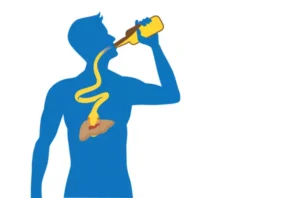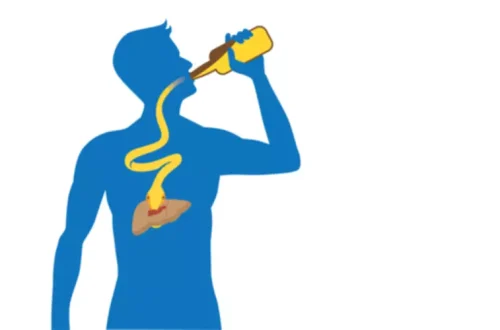
Although a person with high-functioning alcoholism may appear fine, they are not. BetterHelp can connect you to an addiction and mental health functional alcoholic husband counselor. Although they can live a perfectly normal life, they can still benefit from professional help.
- When you’re living with a high-functioning alcoholic, your own health is at stake as well as the welfare of your loved one.
- Alcohol withdrawal can be incredibly dangerous, with severe complications if not properly addressed.
- And any alcohol abuse raises the odds of domestic violence, child abuse and neglect, and fetal alcohol syndrome.
How to Recognize a Functional Alcoholic
Dietary Guidelines define moderate drinking as one drink per day for women and up to two drinks per day for men. Binge drinking is defined as having four or more beverages in one drinking episode for women and five or more beverages for men (a typical drinking episode is around two hours). Whether you are struggling with addiction, mental health or both, our expert team is here to guide you every step of the way. Don’t wait— reach out today to take the first step toward taking control of your life. This constant juggling act can be emotionally and mentally draining, not just for the individual but also for their loved ones. Recognizing the signs of this double life can help you understand if someone you care about might be dealing with high-functioning alcoholism.
- For some people, AUD may also mean more than physical dependence, but a stress reliever or source of psychological escape.
- A substance abuse counselor, family therapist or spiritual advisor may also attend to provide an objective presence and keep the agenda on track.
- Over time, these individuals risk a decline in mental and physical health as their body and relationships bear the weight of long-term alcohol misuse.
- Unlike the stereotypical image of alcoholism, these individuals may hold steady jobs, maintain relationships, and appear outwardly successful.
- “High-functioning” anxiety is a trendy but unofficial term used to describe people maintaining successful careers, relationships, and outward appearances despite experiencing anxiety.
- A high tolerance to alcohol is a common trait among high-functioning alcoholics.
- Rehab professionals can help you determine if you have insurance coverage for addiction treatment, and what options are best for you.
Seeking Treatment at Ocean Hills Recovery
- This is the only way to receive proper assessment, diagnosis, and treatment.
- Our sober living facility takes a whole-person approach to recovery, offering a hospital-grade accreditation and a client-improvement rate that’s 70% higher than the national average.
- HFAs may use social drinking as a way to normalize their behavior, convincing themselves and others that their consumption is no different from anyone else’s.
- Over time, this reliance on alcohol can exacerbate existing problems, leading to further emotional distress.
This could include people with high-functioning AUD, but these criteria are not definitive characteristics. There are no official diagnostic criteria for what it means to be high functioning. For this reason, it is hard to determine exactly how many people might have high-functioning AUD. In the short term, alcohol use increases the risk for alcohol poisoning, fetal alcohol syndrome, accidents, injuries, violence, and risky sexual behavior. Drinking rarely causes them to miss work and other obligations (although it does happen occasionally).

Alcohol Treatment with Dr. Wandler

A supervised detox program ensures safety while managing withdrawal symptoms. Detoxing alone can be dangerous, so having medical professionals oversee the process is critical for a safe transition to sobriety. Alcohol abuse can sometimes be confusing and difficult to spot, especially if a person appears to be capable of doing everything they need to maintain core aspects of their lives.

How to help a person with AUD?

Acknowledging the signs, listening to concerns from loved ones, and seeking professional guidance are key steps toward recovery. Education, support groups, and therapy can help break the cycle, leading to long-term change. Alcohol use disorder does not always fit the Drug rehabilitation stereotype of someone whose life is visibly falling apart. Many people maintain careers, relationships, and daily responsibilities while struggling with alcohol dependency behind the scenes.

